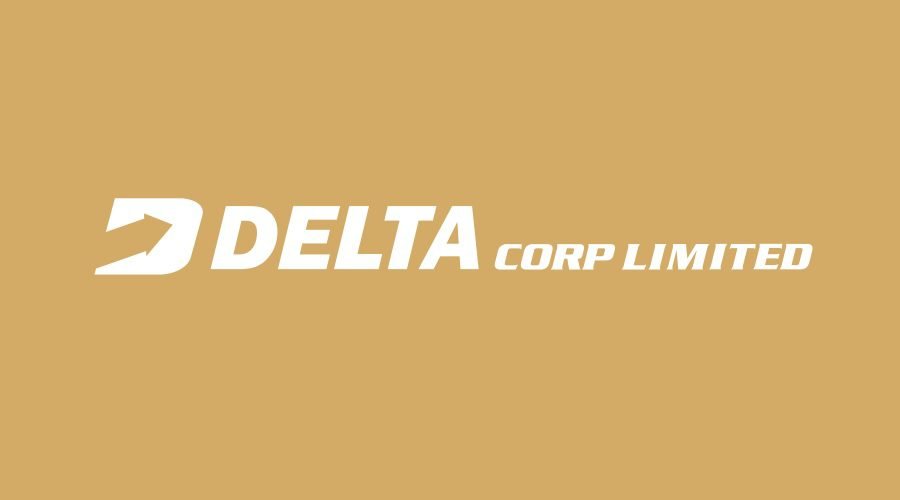New Delhi, India
26 July, 2023
In reaction to Tata Motors’ recent announcement of discontinuing its Differential Voting Rights (DVR) shares, the percentage fee witnessed an extraordinary surge of 14.35%. The automaker has proposed a conversion plan, presenting seven everyday shares for every ten DVRs held through shareholders. Prior to the assertion, DVR shares had been buying and selling at around ₹370. This flow comes as Tata Motors seeks to streamline its capital shape and optimize shareholder price.
The DVR Share Conversion Plan: Unlocking Value for Shareholders
With DVRs being a unique instrument that offers differential voting rights compared to regular equity shares, Tata Motors made history by issuing the first DVR shares back in 2008. However, in its latest strategic move, the company has opted to discontinue DVRs. Shareholders who hold DVRs will now receive seven fully paid-up ordinary shares for every ten DVRs they own.
A Value Accretive Decision
The conversion of DVR shares into ordinary shares is expected to lead to a 4.2% reduction in the number of outstanding equity shares, which will have a value accretive effect for all shareholders. This conversion will offer a 23% premium to the ‘A’ ordinary share price, further enhancing the overall value proposition for investors.
Share Price Surge and Record Highs
As news of the DVR share discontinuation spread, Tata Motors’ DVR share price surged almost 18% to hit its fresh 52-week high of ₹440. The stock price rallied to ₹424 at 11:30 a.m. on the BSE. Furthermore, Tata Motors’ regular equity shares also enjoyed a significant boost, jumping 4.04% to reach a day high of ₹665.30.
As of writing this, Tata Motors (DVR) Share Price is doing Rs. 423.35 on NSE and BSE!
Impact on the Capital Structure
The company’s board has approved a scheme of arrangement, which involves reducing the capital of Tata Motors by canceling the entire ‘A’ Ordinary Shares and issuing and allotting ordinary shares instead. This strategic move aims to simplify and consolidate the automaker’s capital structure, preserving liquidity for future growth prospects.
The Road Ahead
Tata Motors’ DVR share conversion plan is expected to take around 12-15 months to complete, subject to tax treatment for capital gains on shareholders’ back. The company’s management believes that this move will not only optimize the equity base but also help maintain an attractive net debt position.
To Sum things up
Tata Motors’ decision to discontinue DVR shares and replace them with ordinary shares has resulted in a significant surge in share prices. The conversion plan is designed to unlock value for shareholders, enhance the capital structure, and create a more straightforward shareholding pattern. With the company aiming to strengthen its position in the market and preserve liquidity for growth, investors are closely observing this strategic move to capitalize on potential opportunities in the automotive sector.





